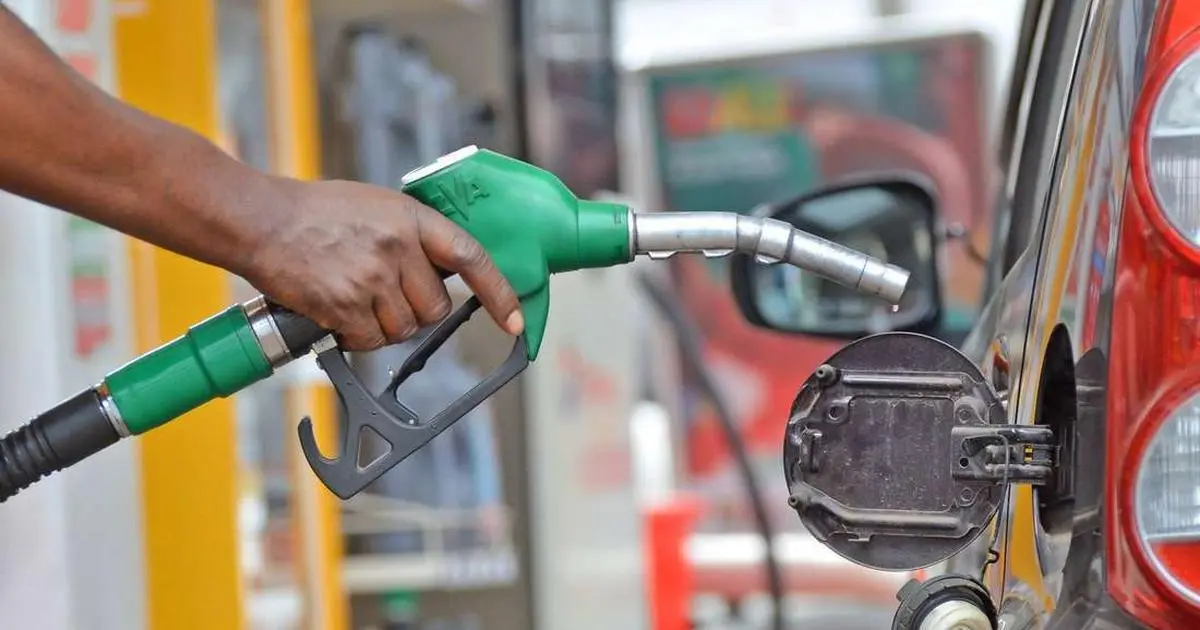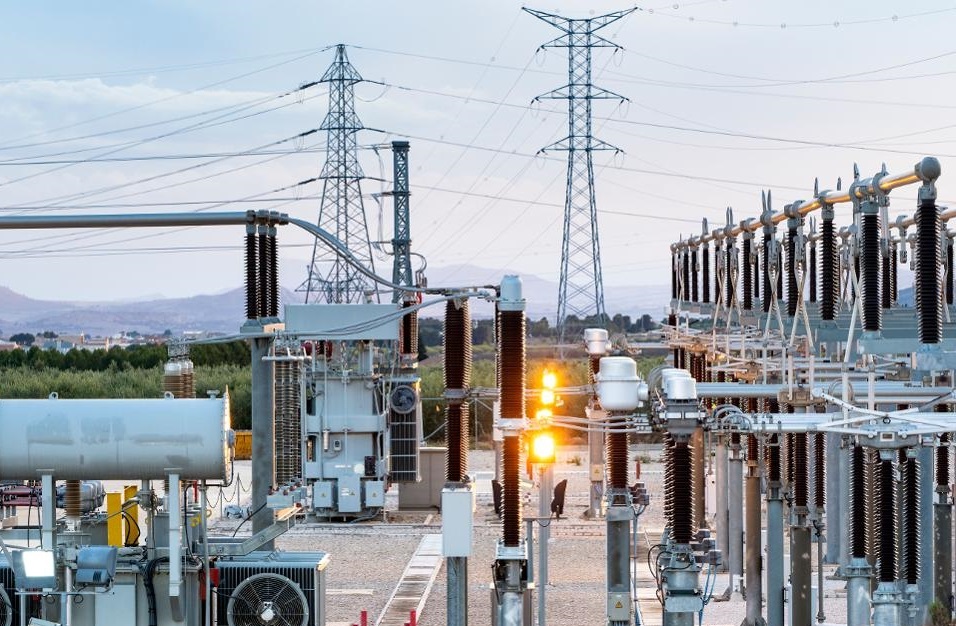GRA Postpones GHC1 Fuel Levy on Petroleum Products to June 16

Accra, Ghana - 09 June, 2025 - The Ghana Revenue Authority (GRA) has agreed to delay the implementation of the Energy Sector Shortfall and Debt Repayment Levy, initially scheduled to take effect on June 9, following strong objections from oil marketing companies.
The Chamber of Oil Marketing Companies (COMAC) had raised concerns over the timing and potential impact of the levy on fuel prices and consumer burden.
After discussions with the GRA, a new implementation date of June 16 has been agreed upon. The levy, part of government measures to settle mounting debts in the energy sector, has been met with resistance from industry players who argue that they were not adequately consulted and that the rollout risks further destabilizing the already volatile downstream petroleum market.
According to the new directive, the levy rates will be as follows: Motor Spirit (Super Petrol) will increase from GHC0.95 to GHC1.95 per liter, AGO/Diesel and Marine Gas Oil (Foreign) will increase from GHC0.93 to GHC1.93 per liter, and Marine Gas Oil (Local) will increase from GHC0.03 to GHC0.23 per liter. Heavy Fuel Oil (Residual Fuel Oil – RFO) will increase from GHC0.04 to GHC0.24 per liter, and Partially Refined Oil (Naphtha) will increase from GHC0.95 to GHC1.95 per liter. Liquefied Petroleum Gas (LPG) will remain unchanged at GHC0.73 per liter.
The new rates will apply to all petroleum products not lifted before June 16, 2025. However, transitional arrangements have been put in place to ensure a smooth transition. Products lifted by a Petroleum Product Marketing Company (PPMC) before June 16 will still be subject to the old levy rates, while any "cash-and-carry" transactions by PMMCs, for which products are lifted on or after June 1, 2025, will be subject to the new rates.
Commissioner-General of the GRA, Anthony Kwasi Sarpong, signed the directive and urged all ports and fuel stations to strictly comply with the new regulations. The GRA's decision to delay the implementation of the levy is seen as a positive step towards addressing the concerns of industry players and ensuring a more stable downstream petroleum market.
The energy sector in Ghana has been facing significant challenges, including mounting debts and infrastructure constraints. The government's efforts to address these challenges have been met with mixed reactions from industry players, who argue that more needs to be done to ensure the long-term sustainability of the sector. The implementation of the Energy Sector Shortfall and Debt Repayment Levy is seen as a crucial step towards addressing the sector's financial challenges, but its impact on fuel prices and consumer burden remains a major concern.
Source: Lead News Online
























































